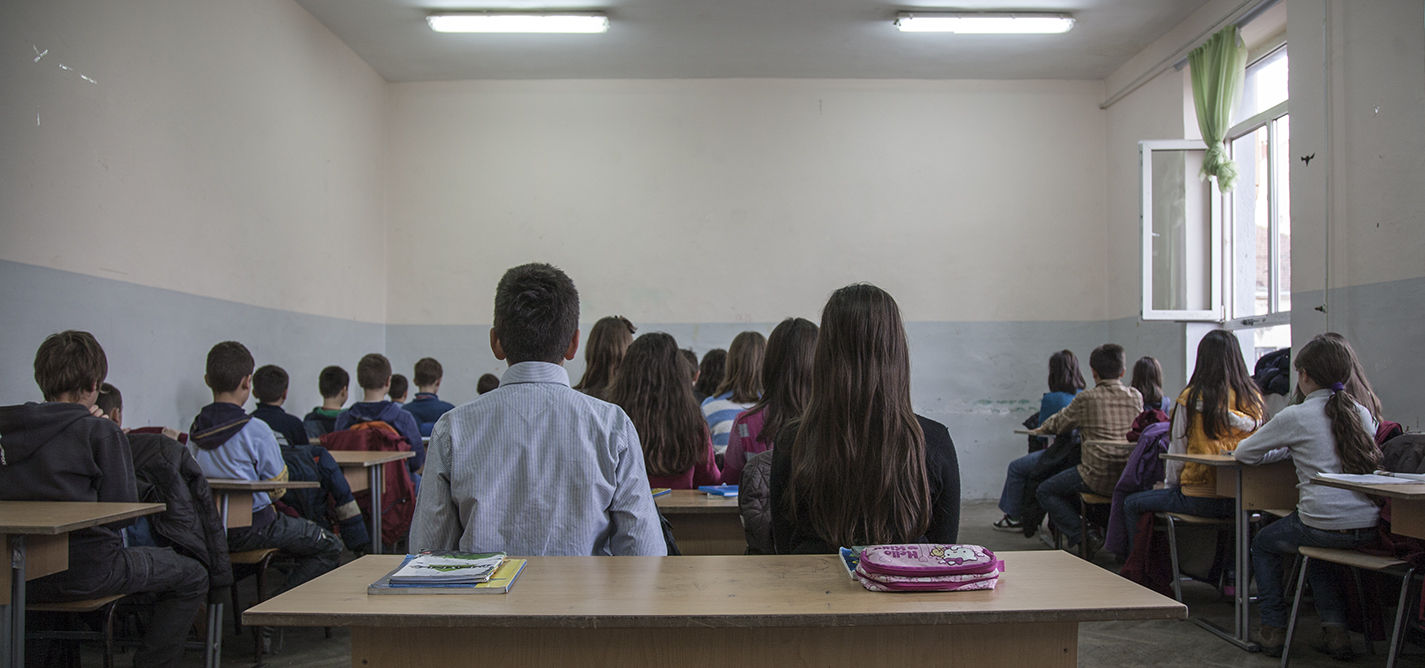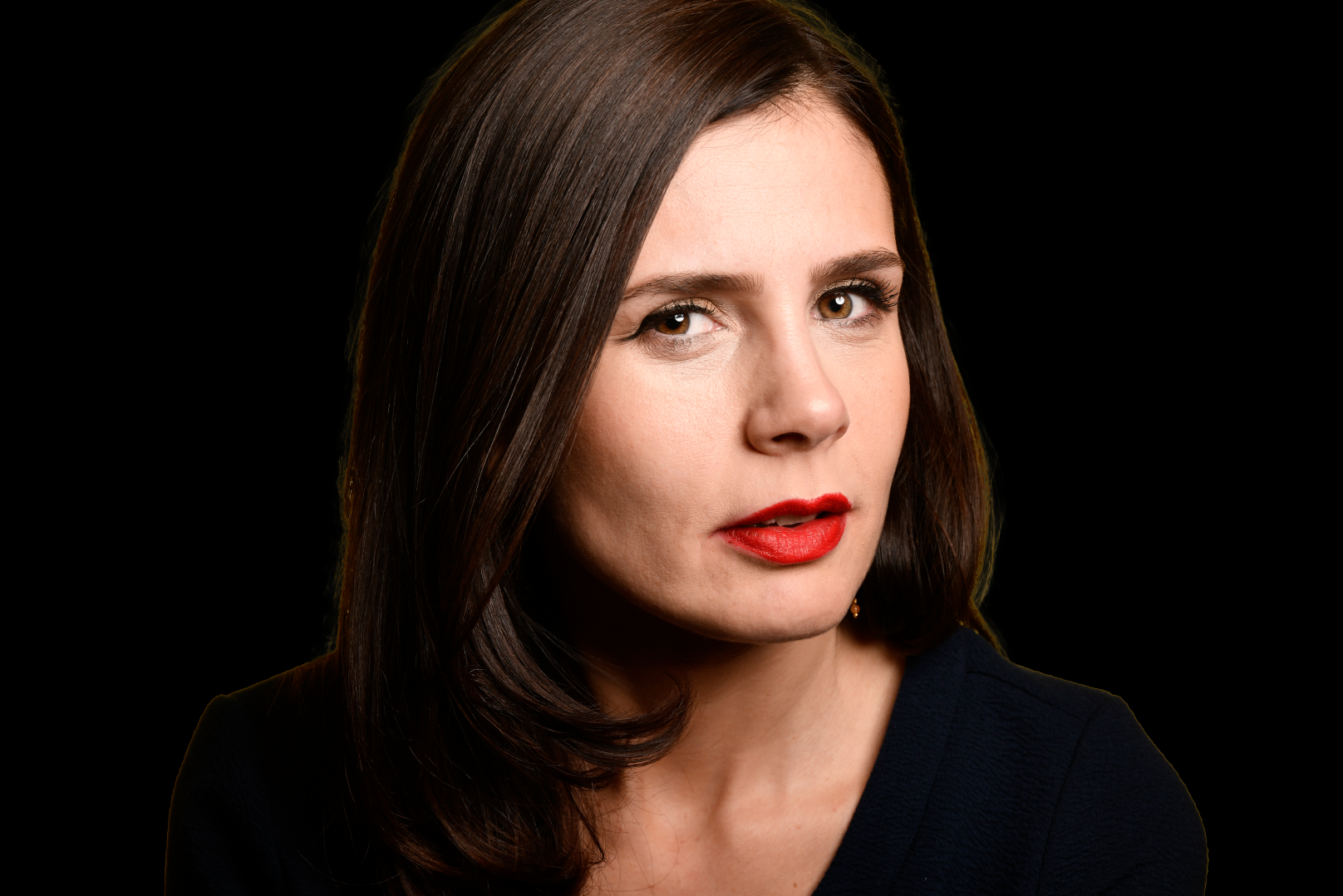
Kosovo amongst worst ranked nations in PISA education assessment
Kosovar students score the lowest in the region.
The report reads that 68 percent of students in Kosovo do not achieve Level 2 on the overall science scale – necessary for successful participation in economic and social life.

Dafina Halili
Dafina Halili is a senior journalist at K2.0, covering mainly human rights and social justice issues. Dafina has a master’s degree in diversity and the media from the University of Westminster in London, U.K..
This story was originally written in English.